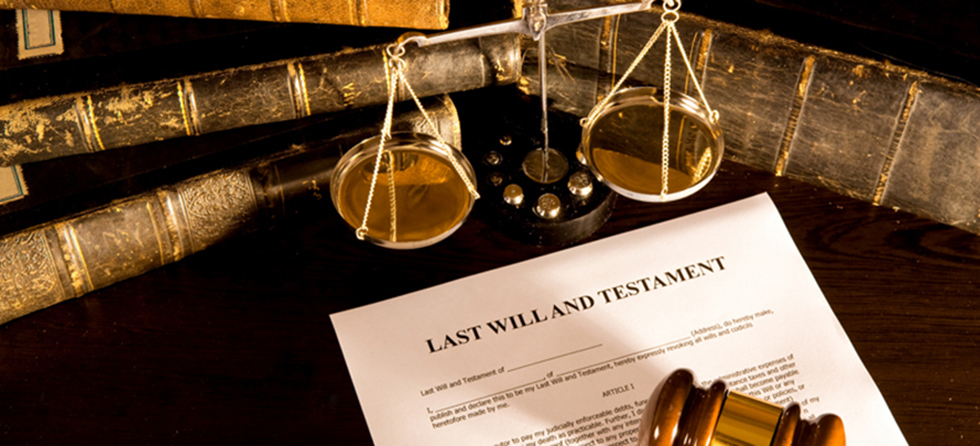Frequently Asked Estate Planning Questions*
Why would I need estate planning services if I am young?
Due to the way our transfer tax system is structured, it is never too early to begin the process of transferring assets. But, more importantly, should something happen to you and your spouse, a will permits you to designate a guardian for your children, if applicable; dictate how your assets should be distributed, e.g., perhaps into a trust so your kids can be supported until they become adults; or provide guidance as to how you would like your last moments in a hospital to play out, e.g., do you want to be kept alive after brain death?
How much value am I permitted to transfer to beneficiaries tax-free?
You may transfer up to $13,000 per beneficiary, per year, tax-free. Gifts exceeding that amount per year, deemed taxable gifts, are subject to a maximum taxable rate of 35% until the end of 2012, and 55% thereafter. Each person is also granted an exemption amount they may apply against taxable gifts. Until the end of 2012, the exemption is set at $5M dollars; thereafter, it will be reduced to $1M. You may also pay the tuition of any individual without incurring gift tax consequences, which could permit you to transfer vast sums of money tax-free.
I want to leave all my assets to my current spouse, but I desire my assets to be distributed to ALL my children upon my death. How can I attain this result?
The easiest way to achieve this result is to create a Qualified Terminable Interest Property Trust ("QTIP Trust"). This device permits you to decide what happens to your assets upon your spouse's demise, while ensuring your spouse is fully taken care of from the trust's income and/or principal.
How do I avoid the costly probate process?
Most people put their assets into a trust in order to avoid probate, but other methods include creating a joint tenancy relationship between you and your intended heirs. A trust is often the best solution.
Do I have to pay gift tax when transferring assets to charities; what assets are best to include?
Congress created a special deduction for charitable donations, so no gift tax is due upon asset transfers to recognized charities. Assets with low cost basis are best to include in your gifting plan as you get a correlating income tax deduction for the full fair market value of the asset, while never recognizing the inherent gain that was building up within the asset since you purchased it. For example, A buys an investment asset for $200 in 2011. In 2012, it is worth $400. If he sells it today, he must pay income tax on $200 worth of income. If he gifts it to charity, however, he pays no income tax on the gain, but does receive an income tax deduction for $400, the full fair market value of the asset.
I heard that one may put their assets into a Family Limited Partnership to attain the ability to transfer more money tax-free. How do I craft such a transaction?
This common sophisticated estate planning technique involves putting your assets into a Family Limited Partnership (FLP) to attain different valuation discounts. For example, you would place a $1M investment building you own into an FLP, and then gift $13,000 worth of FLP shares to your intended beneficiaries. Such a scenario would result in discounts, such as "lack of marketability" and "minority", being applied, so that while you are actually transferring $26,000 in value, the IRS see you as only transferring $13,000 in value. This a very tricky proposition to properly structure, so ensure you contact a tax attorney to help you.
Questions Answered Soon...
How do I ensure that life insurance proceeds from my policy do not incur estate tax?
My friends claim that putting your assets into a "GRAT" is the best way to legally avoid paying transfer taxes. What is a GRAT, and is it really the best estate planning tool?
*Everything written on this page is intended to be informational only. Please contact a qualified tax attorney to ensure that our complicated tax code is followed in your specific situation.
If you would like Pinni Bohm, J.D., LL.M. (Tax) to answer your question on this page, please email it to info@bohmlawfirm.com.

